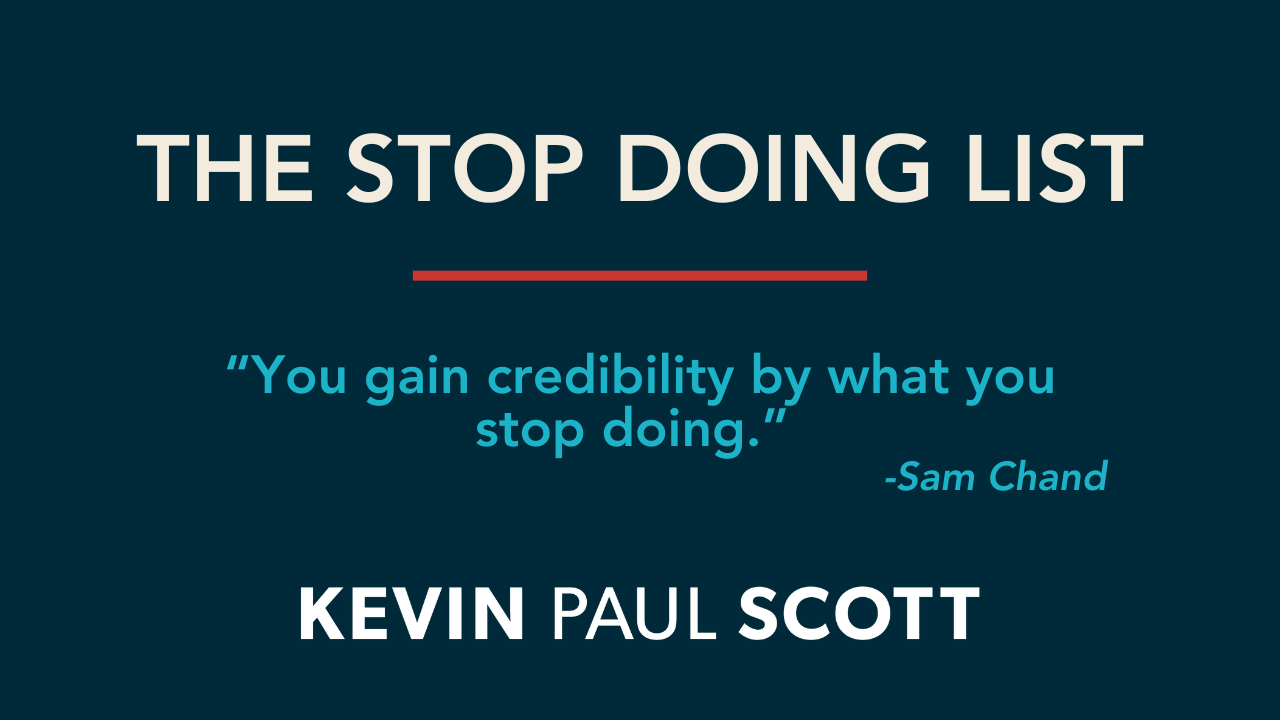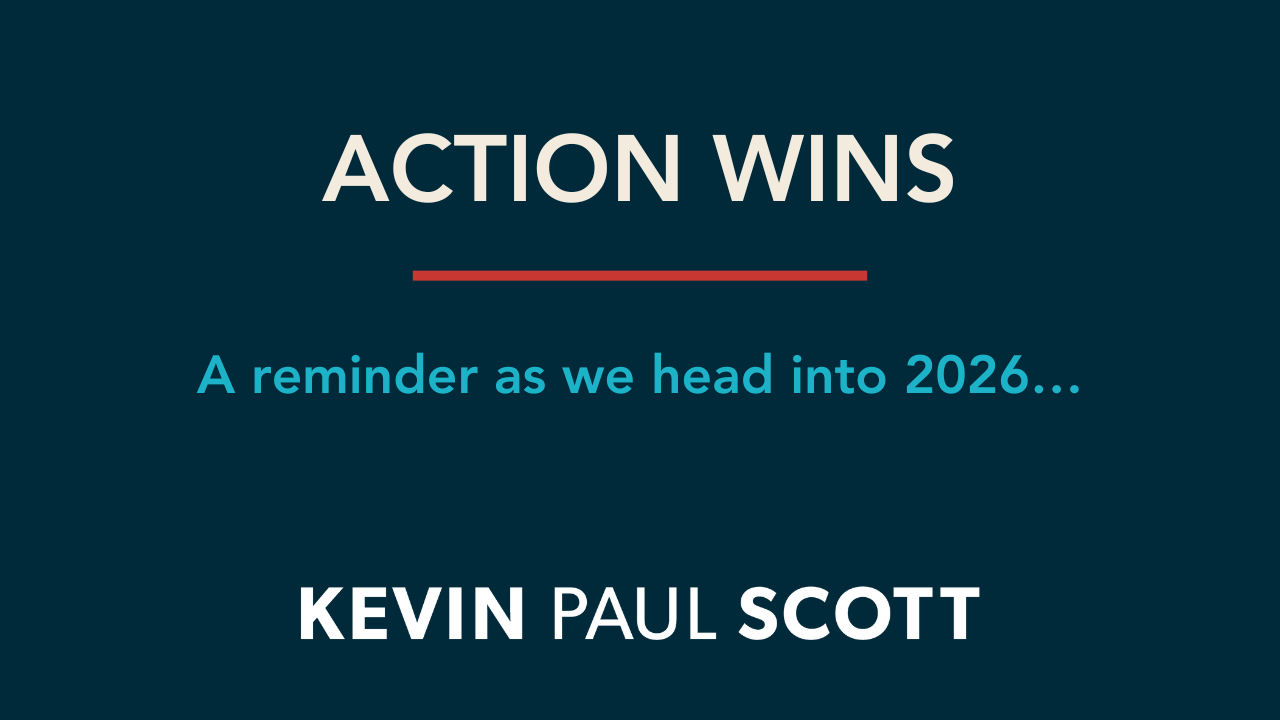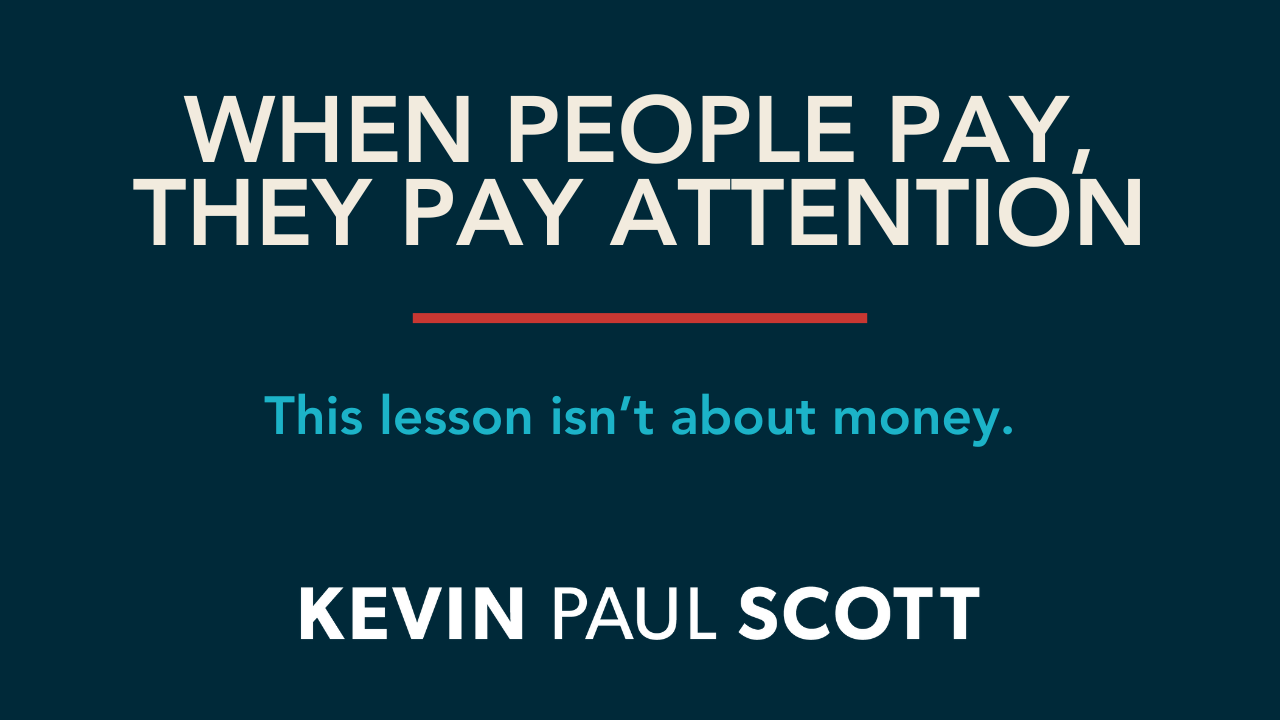Lately, I have been thinking about the following two quotes from men I respect. On the surface the two statements seem contradictory; however, I believe that both are true.
“If you don’t like change, you’re going to like irrelevance even less.”
- General Eric Shinseki, Retired United States Army General who also served as the seventh United States Secretary of Veterans Affairs
“In changing times, hold to unchanging principles.”
- Vince Dooley, Legendary University of Georgia Coach, former Athletic Director, and member of the College Football Hall of Fame
Reading these statements raises an important question for me: How do I remain relevant without compromising my principles? If you are someone who holds deep convictions but are also committed to being relevant, you understand this dilemma. This is not a simple question to answer, but I think considering how to engage a shifting culture without wavering on our beliefs is important to individuals and businesses today.
When the culture shifts around us, we have to decide the best way to respond to change. First, we must define this change as either a matter of principle or a matter of preference.
If it’s simply a matter of preference, making this change will not influence the core of who you are and what you do. Especially in the business world, you must be willing to mix things up if your customers desire something different. In fact, in matters of preference, you should be on the front end of change if it will benefit your business. Even if you don’t like the change personally, you should be flexible if the market demands it.
If it’s a matter of principle, making this change with the culture will threaten the core of who you are and what you do. If the trends of today fly in the face of your core beliefs, you should be willing to stand firm even if it costs you something.
In order to hold fast to your values in the face of opposition, you must be willing to sacrifice profits, prestige, and popularity.
After seven people died in Chicago from taking cyanide-laced capsules of Tylenol in September of 1982, Johnson & Johnson took 31 million bottles of its best-selling product off the shelves. Although the capsules were poisoned by an outside party after the product had reached stores, Johnson & Johnson took responsibility and placed their customers first. They chose principle over profit, spending over $100 million to recall Tylenol and relaunch a safer product for their customers.
This week, perform an audit of all the activities your organization is doing and ask this question: Is this a preference or a matter of principle? This simple exercise will provide clarity for you and your colleagues, help reaffirm your values, and highlight areas where you can grow in relevance.


.svg)







